This book is a publication of
Indiana University Press
Office of Scholarly Publishing
Herman B Wells Library 350
1320 East 10th Street
Bloomington, Indiana 47405 USA
iupress.indiana.edu
2017 by Richard B. Gunderman
All rights reserved
No part of this book may be reproduced or utilized in any form or by any means, electronic or mechanical, including photocopying and recording, or by any information storage and retrieval system, without permission in writing from the publisher. The Association of American University Presses Resolution on Permissions constitutes the only exception to this prohibition.

The paper used in this publication meets the minimum requirements of the American National Standard for Information SciencesPermanence of Paper for Printed Library Materials, ANSI Z39.481992.
Manufactured in the United States of America
Cataloging information is available from the Library of Congress.
ISBN 978-0-253-02967-6 (cloth)
ISBN 978-0-253-03101-3 (paperback)
ISBN 978-0-253-03102-0 (ebook)
1 2 3 4 5 22 21 20 19 18 17
ACKNOWLEDGMENTS
SHARING BROUGHT THIS BOOK TO LIFE. MY PARENTS, JAMES AND MARILYN, shared curiosity and wonder. Bill Van Voorhies shared a belief that his charges could write. Eric Dean and Bill Placher shared the life of the mind. Jim Gustafson, David Grene, Leon Kass, Leszek Kolakowski, Mark Siegler, Norma Wagoner, and Karl Weintraub shared what it means to take ideas seriously. Mervyn Cohen shared a home. Bob Payton and Paul Nagy shared the virtues of good conversation, a way of life that continues with Matt Boulton, Bill Enright, Tom Gunderman, Bill McGraw, and especially Mark Mutz. Students too numerous to name have shared more insights than I can count. And most of all I have been blessed to share life with Laura and the four people with whom we have tried hardest to share the most, Rebecca, Peter, David, and John.
WE COME TO LIFE WITH THOSE
WE SERVE
INTRODUCTION
Old Stories and New Life
NEW STORIES CAN HAVE A PROBLEMTHEY CAN PREVENT US FROM encountering the old ones. The same can be said for the news. Focusing on recent news distracts us from old news. Just because something is newwhether in fashion, politics, business, sports, literature, philosophy, or theologydoes not mean that it is improved.
Over a vast expanse of time, nations have been founded, wars fought, discoveries made, systems of belief developed, and geniuses have come and gone. Viewing the latest news in corporate mergers or consumer electronics with this in mind, it seems improbable that the events of today, or this week, or even this year are as momentous as we might suppose. To find our place in the world and make the most of our lives, we need to operate with a longer sense of time.
Here, in part, lies the purpose of this book. Our lives can be only as good as the books we read, the conversations we have, and the habits of mind we carry with us through every day.
It has been said that we are what we eat. The same might be said for what we read, because what we read can powerfully shape what we talk about and the stories we tell ourselves. Too often, a sober examination of these stories reveals bad newsit is possible to be glutted with information yet starving for real insight. The information age has left many of us overfed but undernourished, longing for some way of making sense of the world that enables us to distinguish between the incidental and the genuinely significant.
In his book The Mind of a Mnemonist: A Little Book about a Vast Memory, the Russian neurologist A. R. Luria describes the extraordinary case of Solomon Shereshevsky, a man who seemed to remember everything. Apparently without effort and after only a single hearing, he could recall speeches word for word, memorize complex mathematical formulas, and even recite poetry in languages he did not understand. This might seem like a great giftto recall what happens in each moment such that it never slips away. However, the mnemonists intelligence was only average, and he experienced great difficulty forgetting. He struggled to distinguish the merely incidental from the genuinely significant.
This is the challengetelling the difference between what is worth remembering, knowing, and etching into our hearts and what is of no more than passing interest. There is nothing inherently pernicious about the latest stock quotations, box scores, or celebrity chinwag. It is, after all, information. Yet continuous immersion in information powerfully shapes our habits of mind and heart. We tend to become what we habitually attend to, and if we develop the habit of attending to drivel, then our lives will tend to matter less because they are so poorly attuned to what really matters.
The metaphor of tuning is a revealing one. Each person is like a radio receiver, which gravitates toward certain frequencies. Extensive sections of bandwidth are devoted to silliness, ideas that will be forgotten almost as soon as they are heard or uttered. But somewhere on the dial are different conversations that hold out the possibility of more enduring enlightenment. To stand a chance of tuning to these frequencies, we must first wrench ourselves away from the static.
Think of a library. Suppose two people enter a huge library. One person proceeds to the periodical section, spending the day perusing magazines that fan the flames of consumer passion, replete with glossy images of extravagant cars, jewelry, houses, cosmetics, electronics, and beverages. The implicit message of these magazines seems to be thisto find satisfaction in life, we need to buy things, and the better the things we buy, the more satisfied we are likely to be. Our mission, then, is to get lots of money so that we can buy lots of nice things.
Yet as William Wordsworth reminds us, Getting and spending, we lay waste our powers.
The other person repairs to a very different section of the libraryperhaps religion, philosophy, or literature. There, the message of the sacred texts, philosophical inquiries, and great novels and poetry is quite different. Instead of getting and spending, human life is shaped above all by what we know, what we believe in, and what we care about. If we know what we most need to know, believe what we most need to believe, and care about what most deserves our dedication, we stand a chance of leading lives that really count for something. It is not what we have but who we are striving to become that brings us to life.
It offends our egalitarian, live-and-let-live, to-each-his-or-her-own sensibilities to say so, but how we spend our time matters. Each year, day, and minute we waste on drivel escalates the probability that the next year, day, or minute will be much the same. By contrast, the more deeply we engrain the habit of attending to what is real, the more likely we are to make something worthy of our lives. We are not simply mouthing a preexisting script. Instead we actively script our lives every day.
To exist is good, but it is not enough. Survival beats the alternative, but not at any cost. The aim is not simply to exist or survive but to live as fully as possible, and this means devoting our lives to purposes that transcend ourselves.


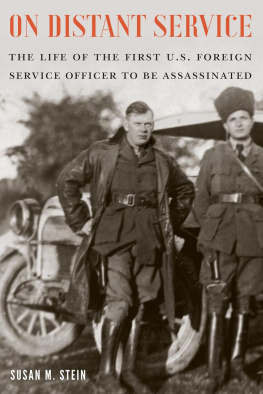
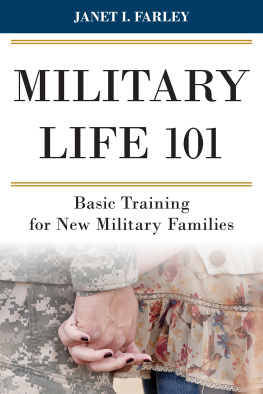


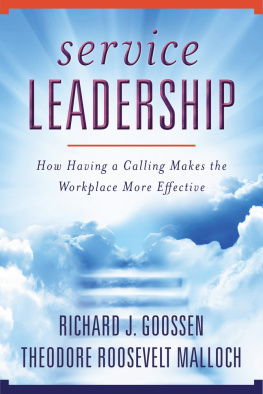
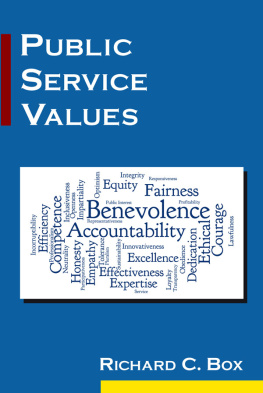
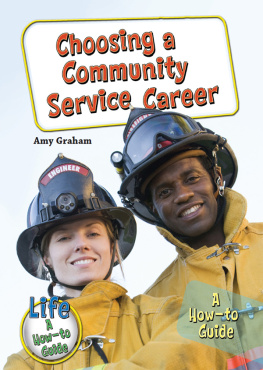

 The paper used in this publication meets the minimum requirements of the American National Standard for Information SciencesPermanence of Paper for Printed Library Materials, ANSI Z39.481992.
The paper used in this publication meets the minimum requirements of the American National Standard for Information SciencesPermanence of Paper for Printed Library Materials, ANSI Z39.481992.